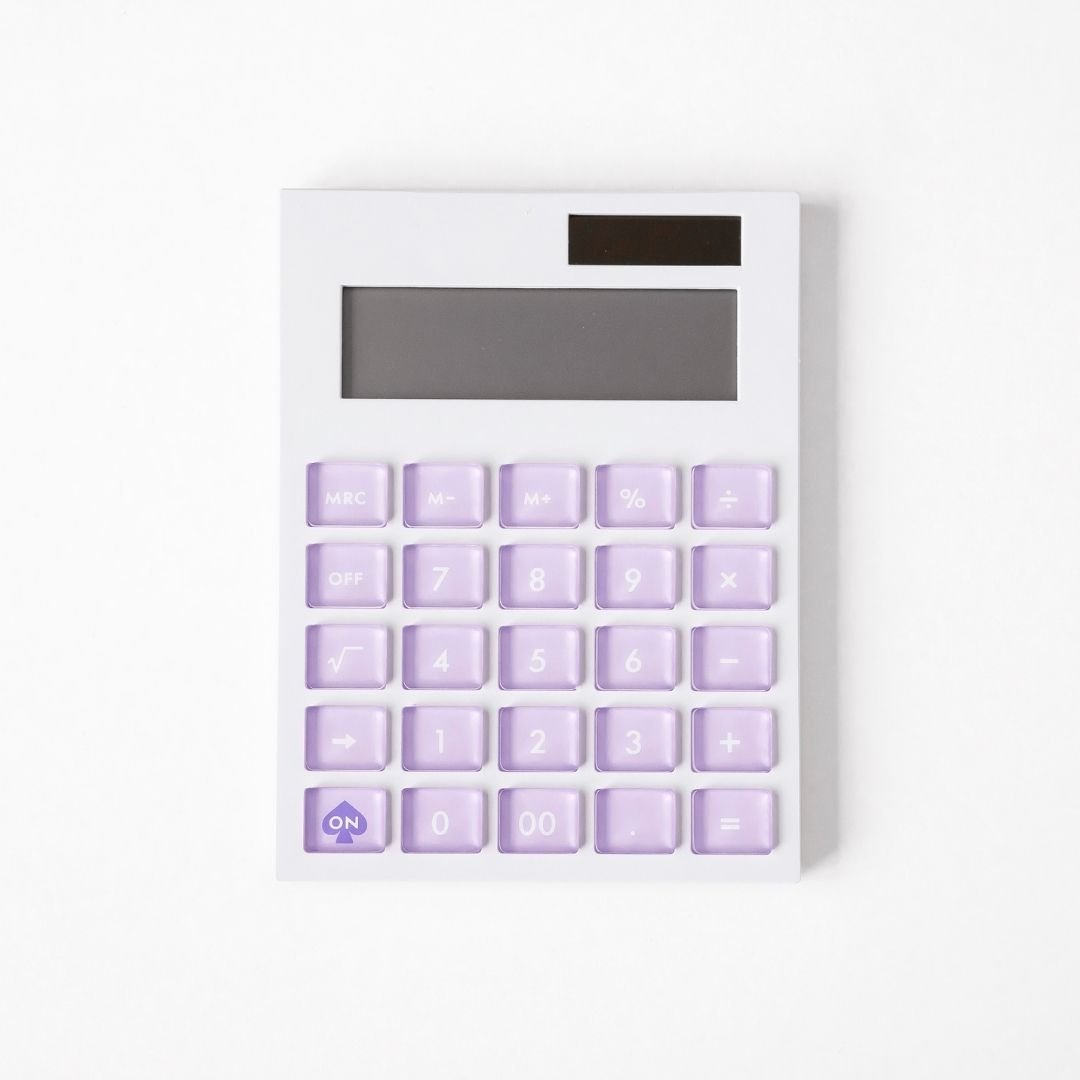How Much Does Copy Editing Cost? Typical Rates for Books
What is copy editing and how much does copy editing cost?
In coaching nonfiction authors, in talking with potential editing clients, and in what I’ve seen on Threads and LinkedIn, it’s obvious that many people are unclear on the different types of editing and the definition of each.
So let’s look at copy editing (also spelled copyediting)—what it is/what copy editors do and how much it costs.
I’ll attempt to clear all this up in this article, part 2 of a two-part series.
Part 1 of the two-part series was “What Is Copy Editing,” and in that post I defined copy editing and the duties of a copy editor.
This article breaks down the typical cost of copy editing a book with average rates for copy editing services.
Here’s a link to my copy editing services.
How do copy editors charge?
Trying to determine the going rate for copy editing isn’t easy.
Copy editors usually charge by the word, although some charge by the hour, by the page (assuming 250 words per page or the standard double-spaced 12-pt font with 1-inch margins), or by the total word count. Good news: It’s fairly easy to convert one rate to the other!
How much do copy editors charge?
Rates vary depending on the nature of the work, the time frame of the assignment, the degree of special expertise required, the editor’s experience, and other factors.
Expect to pay more for nonfiction than for fiction. Nonfiction editors may charge more for business, science, academic, and medical books. Attribute this to supply and demand and the more specialized skills required.
Average copy editing rates charged by Reedsy freelancers
According to the Reedsy platform’s “How Much Does It Cost to Self-Publish” resource, in 2026, the average cost of copy editing ranged from $0.022–$0.026 per word for adult fiction and from $0.027–$0.031 per word for adult nonfiction books.
Reedsy matches authors with the best-of-the-best in the freelance editing biz.
(Here is nonfiction book editor Daniel Tortora’s listing on Reedsy.)
Average copy editing rates changed by Editorial Freelancers’ Association (EFA) members
The website of the Editorial Freelancers’ Association (EFA) offers another data point for editorial rates for all types of editing services.
In 2024, according to an EFA survey of its members about projects they invoiced and/or collected payments from during the previous year, average copy editing rates are as follows:
Here’s what Editorial Freelancers Association members charge for copy editing:
Median copy editing rates for fiction books (according to the EFA editorial rate estimator) are $0.021–$0.030 per word, depending on the level of experience of the editor.
Median copy editing rates for nonfiction books are $0.030–$0.040 per word, depending on the level of experience of the editor. Business and sales books and STEM books tend to be more expensive than that.
In the book Writer’s Market 100th Edition: The Most Trusted Guide to Getting Published, readily available on Amazon and in most public library systems,
the “How Much Should I Charge Section” gives editorial rates based on a survey of 17 professional organizations. In Writers Market, like the EFA website, you can see editorial rates for many types of editing services.
According to Writers Market, average copy editing rates are as follows:
Average copy editing rates for a trade book—your typical book released by a traditional publisher—are $46/hr, $4.22/page.
Most trade books are light on the footnotes and citations, so the work goes a bit faster, which probably explains the lower per-word rate here.
These figures are a few years old, so $50/hr and $4.50/page seems more like it.
Using an editing company vs. hiring a freelancer
Rates vary from one freelancer or small company to the next.
As for the big companies, BookBaby offers copy editing at $0.0266 per word.
But you’re not able to discuss anything directly with the editor, nor can you choose your editor. So you have no idea if you’re getting someone experienced in the type of book you’re writing.
Scribendi.com operates a similar way, and can guarantee a quick turnaround, but what’s offered is a higher level of edit (which you may not need or may not be able to afford—more of a combined copy edit and line edit), for about $.0390 per word.
If you want to be able to ask follow-up questions and if you want to be able to select an editor with experience editing your type of book, hire a copy editor from a small company or a sole proprietor.
Get a firm estimate, in writing, and have it spelled out precisely what the copy editor will do to your manuscript and what you’ll get in return and when you’ll get it.
You should get a style sheet, and you may also want a brief report or a follow-up phone call.
How to save money on copy editing
“Woah!” you might say. But consider the alternative. Do you have that level of editing experience? Do you want to look second-rate and jeopardize your book’s sales and your future opportunities?
With a good copy editor and some experience you’ll gain knowledge and experience, meaning that in the future you will require less of your copy editor and it will thus cost you less.
Still, if you find yourself on a shoestring budget, or if you want to save money, learn to self-edit. Get yourself a copy of The Copyeditor’s Handbook and The Chicago Manual of Style. Get the most recent edition! But note that it will take months to get semi-competent at this.
You can also try an AI editing program (ProWritingAid would be my recommendation), but know that it can only do so much and it isn’t always right.
Dreyer’s English is also a great book for the budget-minded author.
And finally, if you’re concerned with the price of copy editing, write a shorter, more concise book in the first place.

